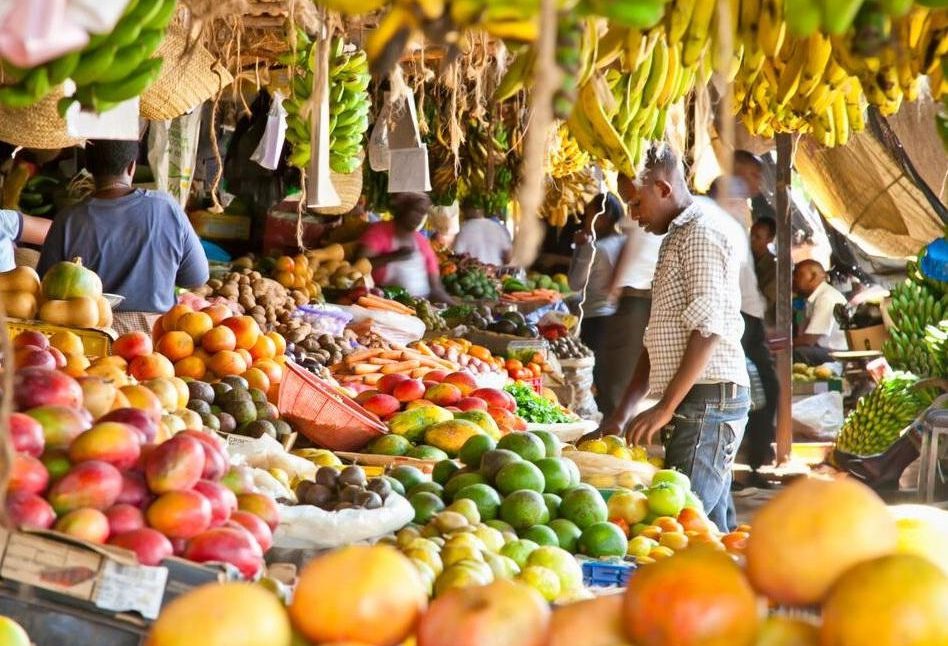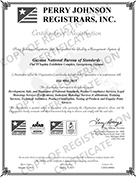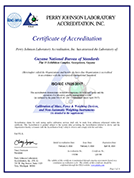Basic conditions and activities are necessary to maintain a hygienic environment throughout the food chain; from cultivation to the provision of safe end-products for human consumption. As Guyanese observe Agriculture Month under the theme: “Transforming our food system, achieving food and nutrition security,” the Guyana National Bureau of Standards (GNBS) will be hosting its first Good Agricultural Practices (GAP) training for those in the sector.
Good Agricultural Practices is one of four global Food Safety Prerequisite Programmes (PRP), and as we look to transform and enhance the sector, consideration for food safety is becoming more and more critical. In response, the GNBS’ Business Development Department is offering a two-day training programme on GAP as an important aspect of food safety, following the “farm to fork” approach outlined in the ISO 22000:2018 Food Safety Management System Standard. This approach sets out the essential practices to ensure that primary agricultural products are produced in a safe, wholesome and sustainable manner.
The training is crafted for crops and livestock farmers, agro-processors, vendors of agriculture produce, and any other person involved in food manufacturing or production processes. Participants of the training would be given the opportunity to learn the best practices to be applied on their farms, in their processing facilities and even while vending or selling the foods produced.
Implementing good agriculture practices will ensure that your products are not only safe for consumption but are acceptable by more distributors, retailers and even consumers. By extension, this will increase customers and profits for your business. Moreover, improved product quality will allow it to compete with those produced locally and internationally meeting the requisite requirements.
Aside from the GAP, there is a list of other training and technical assistance which can be accessed from the GNBS. These can lead to the certification of agriculture organisations and businesses to national and international standards such as the GYS 170 (National Laboratory Standard), ISO 9001 (Quality Management Standard), the ISO 22000 (Food Safety Management System Standard) or Hazard Analysis Critical Control Point (HACCP).
Additionally, the GNBS has over the years worked with stakeholders in the agriculture sector to develop a variety of National Standards to ensure good practices, conformance to quality and labelling requirements and the optimization of services to consumers. Some of these standards are also CARICOM Standards, which allow local producers to export their products to countries in the CARICOM Region. Available standards include those related to the grading of fruits (lime, lemon, pineapples, etc.), vegetables and ground provision. There are also National Standards for by-products including coconut water, fruit juices, rice, sugar and more. Stakeholders within the sector can access other customized training on these standards.
In closing, the GNBS aims to assist individuals and businesses in this crucial sector towards building capacity to realize the country’s potential of becoming a major producer and exporter of agricultural produce and by-products.
For further information on this subject, contact the GNBS on telephone numbers: 219-0064 or 219-0065 or WhatsApp us on 692-4627.






